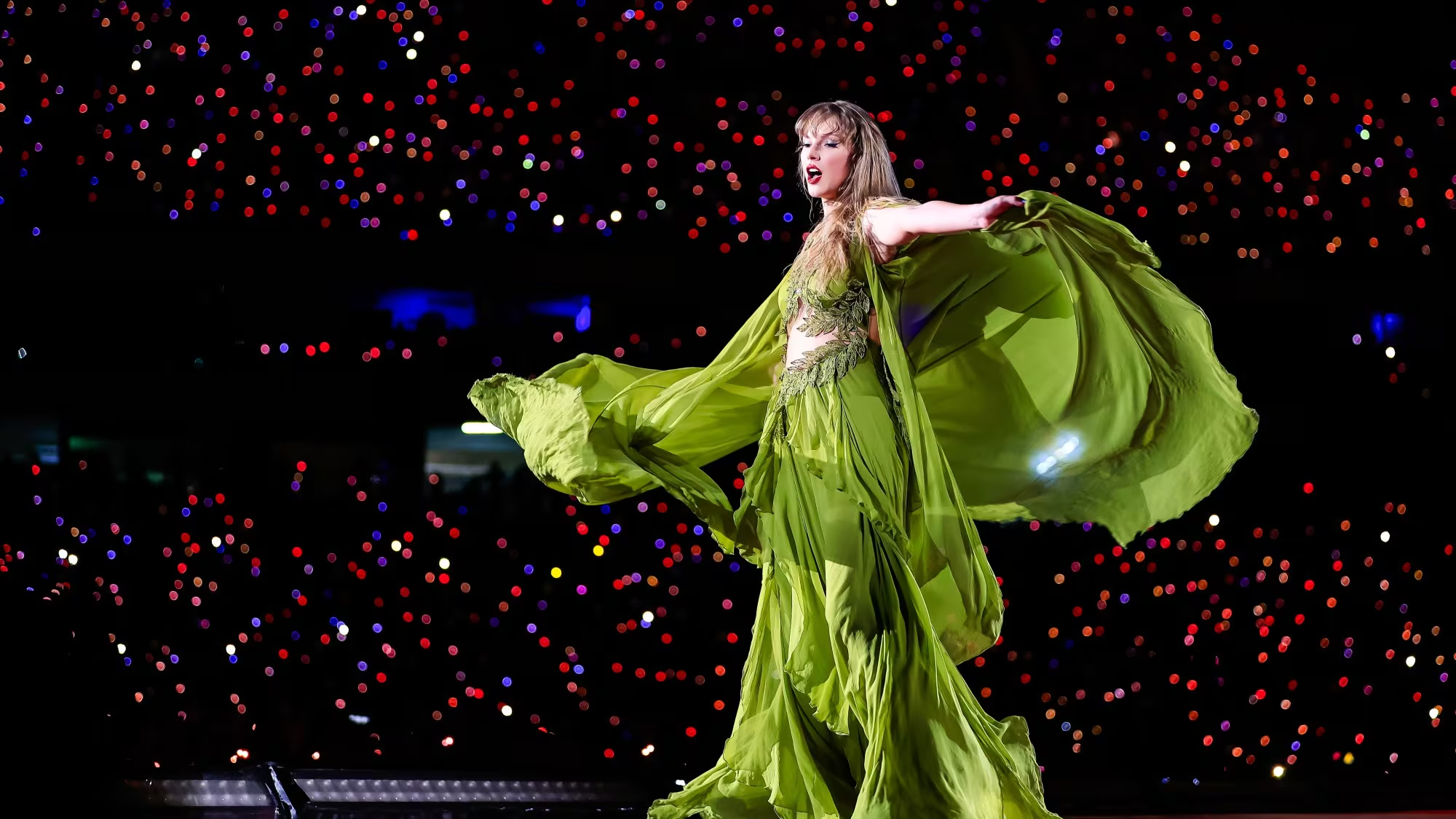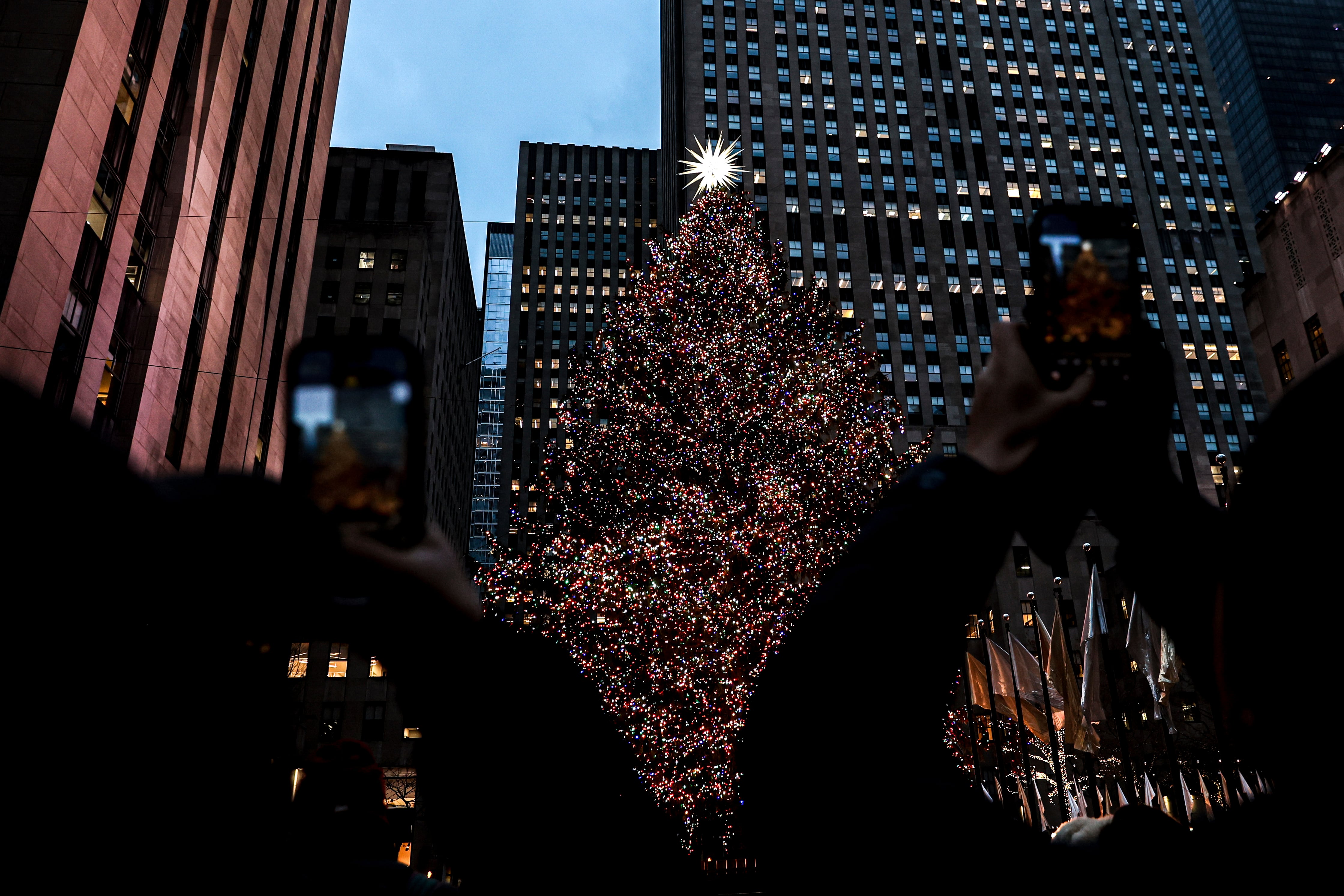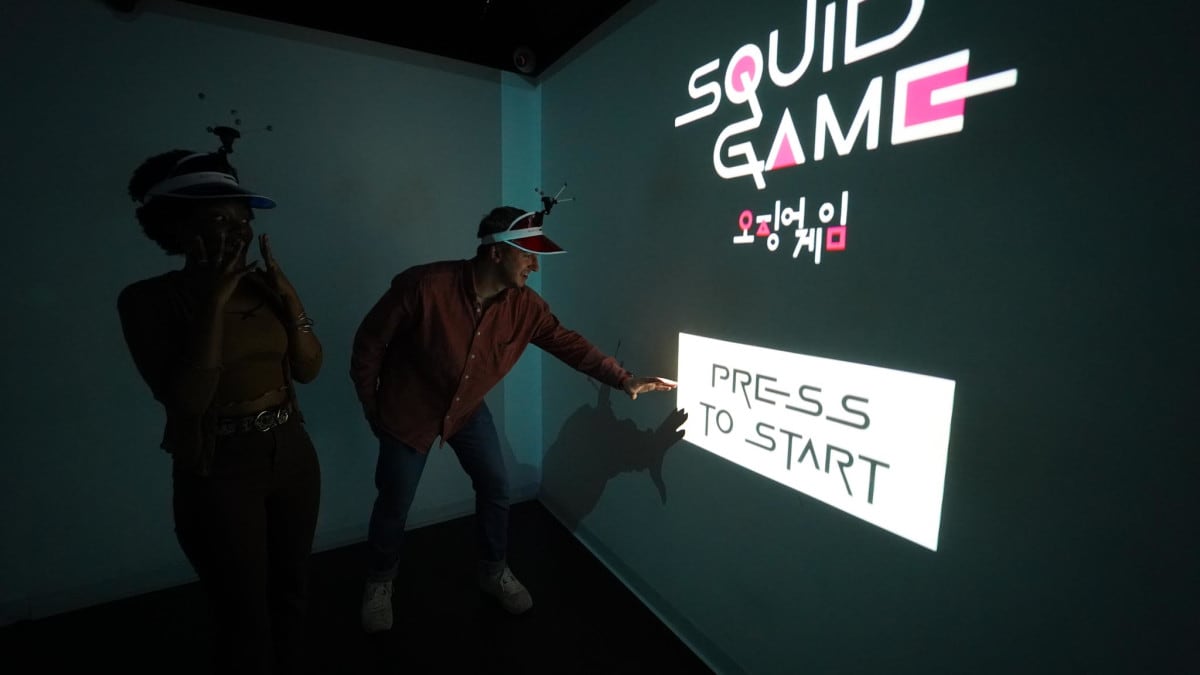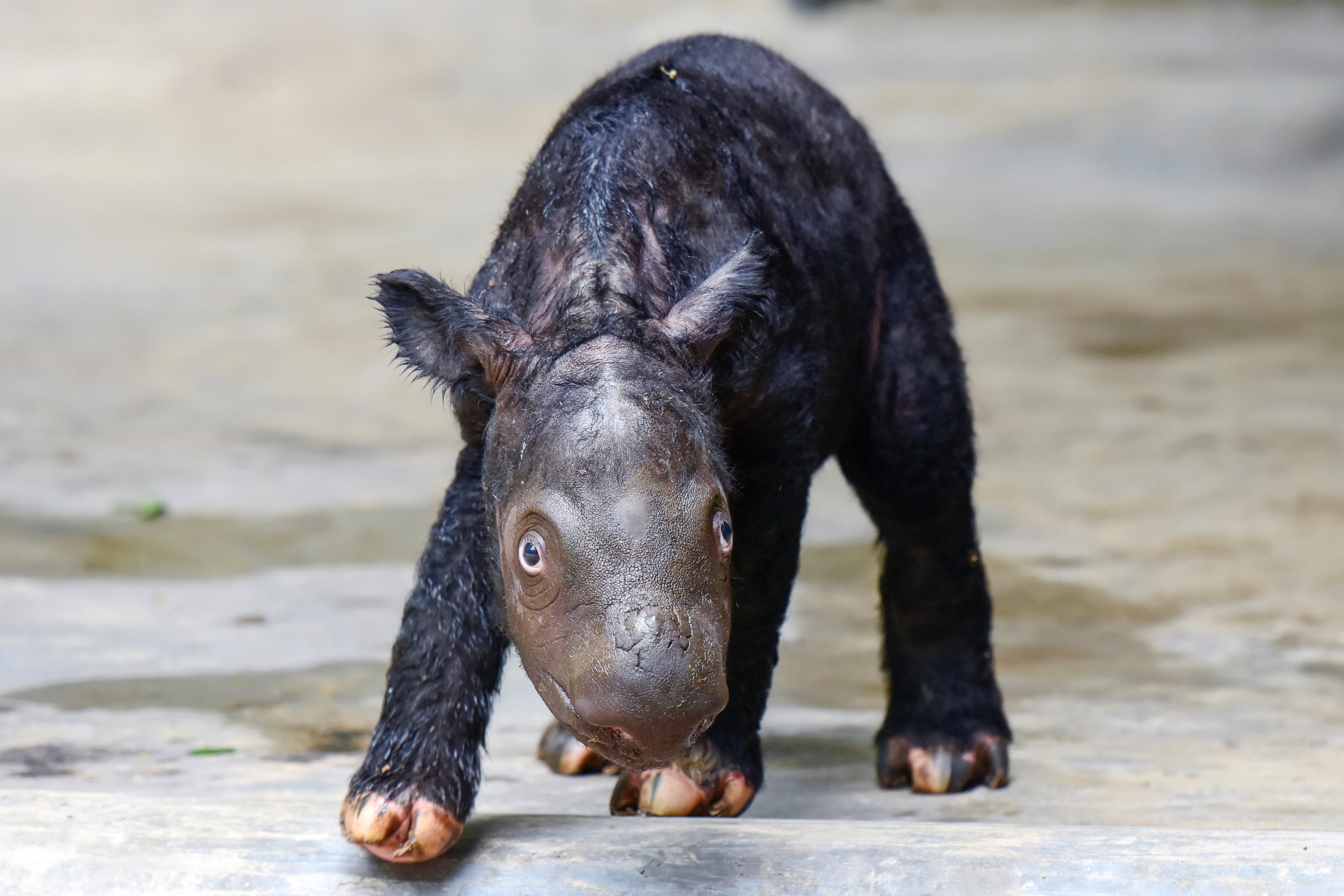The Coca-Cola polar bears that pop up on everything from soda cans to television ads each holiday season will be getting a new platform. This year the company is trying to bring them to life through augmented reality.
"We know that the landscape around us is changing, our consumers are evolving," explained Oana Vlad, brand director at Coca-Cola. "This year we really wanted to take holiday magic to the next level."
This is Coca-Cola's first large-scale augmented reality activation, but that doesn't mean it hasn't done its homework on the tech.
"A.R. is something that we've played with through different pilots and different tests, and it has really helped consumers connect to the brand in a really meaningful way," said Vlad.
"We felt like we're now ready to test out this technology on a national level, and bring it to life in a really big way," she added.
With the Coca-Cola app, fans can scan the icon on new holiday Coke cans and bottles to activate the animations. The can or bottle will become the polar bear’s arctic home and each design will unlock a different experience from the bears — from making music to snowball fights.
"It's not just about aesthetic or a visual representation of the bears, it's truly about being able to bring them to life," explained Vlad.












